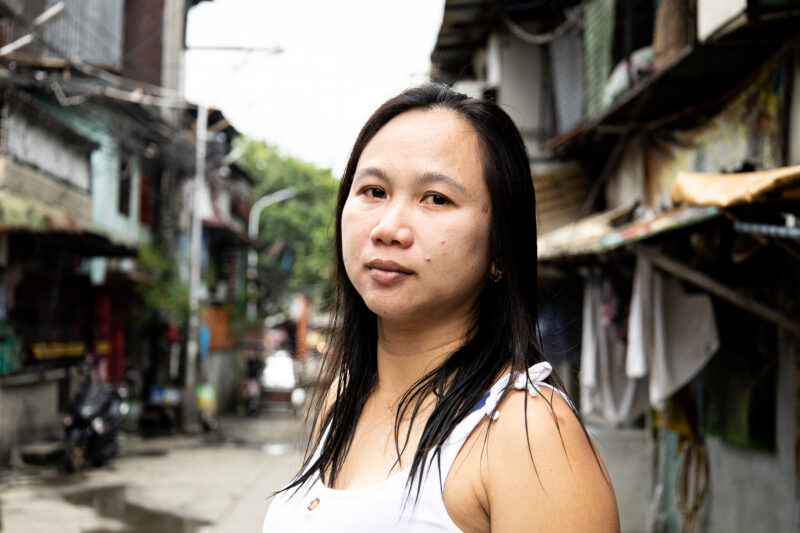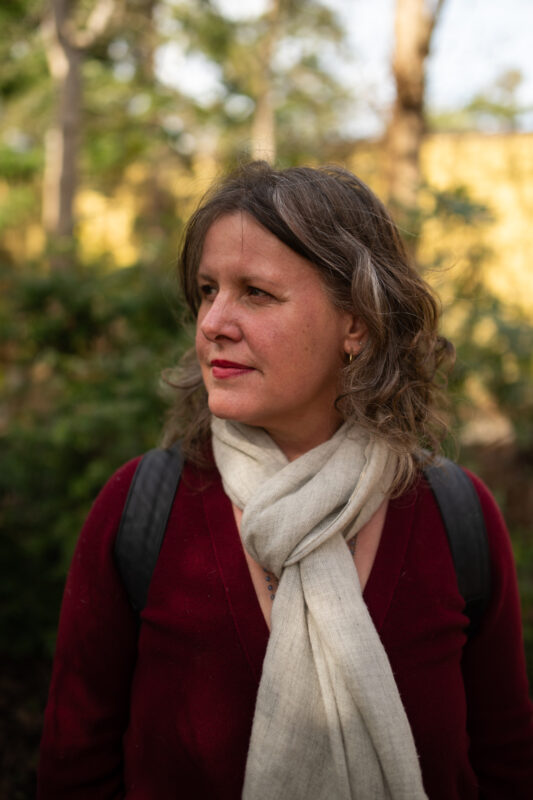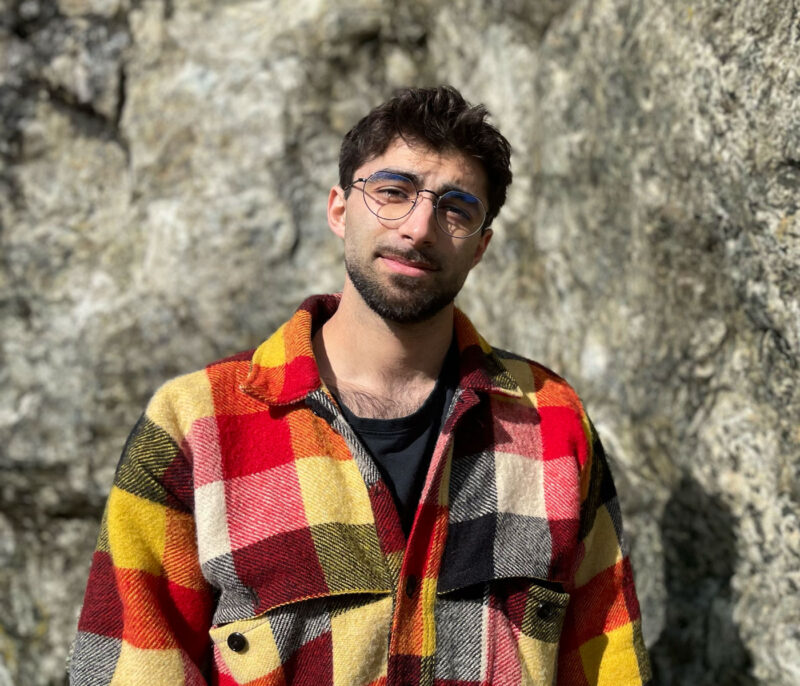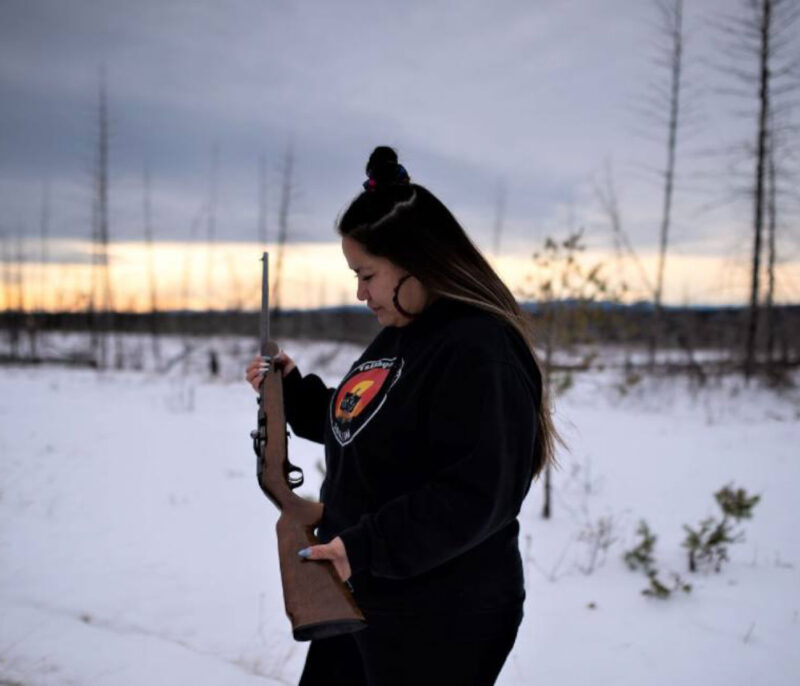“They shouted ‘rescue’ just to escape and get food.’”
Jenifer Fabre

Malabon, located just north of the capital Manila, is so flood-prone it’s known as the “local Venice.” As a resident of Potrero, a low-lying neighborhood in the city, Jenifer Fabre, 39, and her family have survived many floods but sometimes have little money to repair their home or replace lost items. She works in a factory making sandals, and her husband Cezar works at home. They have four children between 4 and 19 years old and live with Jenifer’s elderly parents.
Jenifer’s family had faced typhoons before, and nobody was worried on the day before Tropical Storm Ondoy in 2009. “It was the usual Malabon. It was noisy outside, people were on the streets doing their respective businesses, and the children were playing,” Jenifer remembers. “Nobody was panicking about the typhoon.” But within hours, Jenifer would be fighting to save her home, care for her two toddlers, and keep her elderly parents safe during a deadly typhoon.
When Tropical Storm Ondoy landed, it wasn’t as strong as it eventually became. We are used to flooding in our area, but the water usually recedes quickly. During Ondoy, we thought it would be a simple flooding situation, nothing more. We never anticipated that it would be so severe and devastating.
The rain gradually intensified and the water reached a certain level. We lifted some of our belongings to the upper floor. We lifted them one by one, and I took charge of carrying my young children first, followed by their grandmother.
There were no people around because everyone was inside their homes. In the lowest-lying area, they shouted “rescue” just to escape. You could see that they were evacuating. They were asking for boats to leave their homes because the floodwater was already above human height.
We were not able to fully prepare and stock up on food because we did not expect the rainfall to be that strong and the water levels to rise so high. Those in nearby homes were also shouting, “Is there food there?”
My father asked for food because he was hungry, and there were still children with them, including a newborn. He did everything he could to find even the smallest thing, like an egg or a pack of instant noodles, along with some coffee to warm his stomach. There were no stores around. The neighbouring house used to be a store, but they couldn’t sell anything because their goods were scattered due to the constant need to secure them from the rising water.
My father climbed onto the rooftop, but the roof where he sought refuge eventually succumbed to the rising water, causing him to slip. We were filled with fear and panic at that moment because we were almost swept away by the strong floodwaters. My husband jumped into the water to rescue my father because he knew how to swim. We panicked and shouted for my father, fearing for his safety in the strong current. We thought he might not make it.
When it was time for us to evacuate, there were no boats available because the rescuers were already tired and it was getting dark. It smelled bad because the water was dirty. It was not like the usual flooding here. It was really muddy, and there was a lot of garbage, and it really smelled bad. We didn’t get help when we needed to evacuate. We had to rely on ourselves to find a way to leave our house.
Meanwhile, our neighbors were able to get on a boat with the help of some people. Due to the immense water flow, the boat capsized. Fortunately, they managed to survive.
This testimony was originally published in Rappler, on November 26, 2023.
Related Stories

Sandy Ibrahim, Victoria, Canada

Tosh Sherkat, Victoria, Canada
